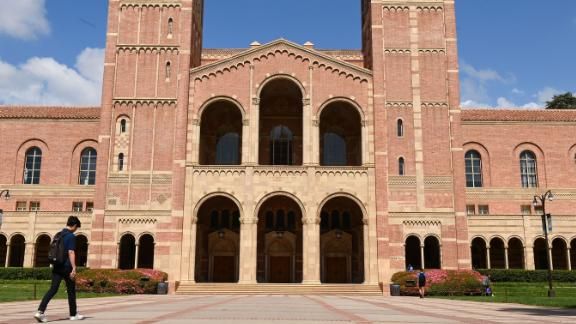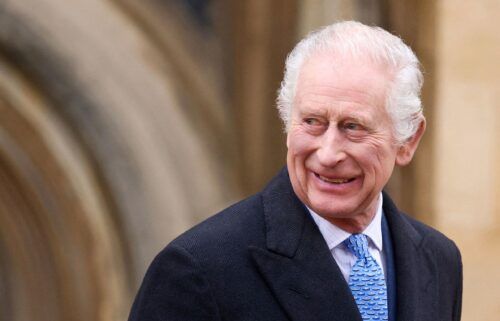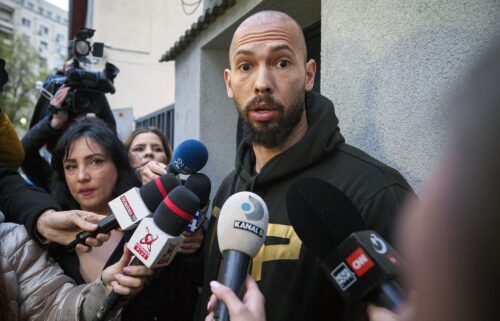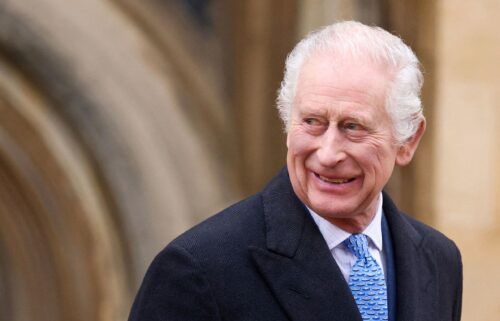State auditor: UC wrongly admitted well-connected students

SAN FRANCISCO (AP) The University of California “inappropriately admitted” at least 64 wealthy students over the past six years as “favors to donors, family, and friends,” according to an audit released Tuesday that found hundreds more questionable cases of student athletes accepted to the top UC schools.
“This is a significant problem that the university needs to deal with,” State Auditor Elaine Howle said in a telephone interview.
The audit examined admissions policies and practices over a six-year period at four of the UC’s nine campuses — UCLA, UC Berkeley, UC San Diego and UC Santa Barbara. It reviewed the academic years of 2013-14 through 2018-19.
Auditors found that 22 applicants were falsely designated as student-athlete recruits “because of donations from or as favors to well-connected families.” These students “had little or no athletic skills,” Howle said.
“UC Berkeley really had some significant weaknesses in their admissions process,” Howle said. The audit found that the elite school admitted 42 applicants based on their connections to donors and staff while denying admission to others who were more qualified.
Howle said she believes the findings have barely scratched the surface of problems in the UC admissions process.
The 64 students identified as being improperly admitted were based on “definitive evidence,” such as emailed communications showing a student was denied admission but then reconsidered and accepted after an athletic coach or the development office got involved to suggest the student’s entry could lead to donations, Howle said.
“There’s at least another 400 or so students ... that were really questionable,” Howle said, including some student athletes who didn’t appear to have any athletic ability.
UC President Michael V. Drake, who took over the job in July, said in a statement that he took the findings and recommendations “very seriously and will do all I can to prevent inappropriate admissions.”
“The University will swiftly address the concerns the State Auditor raised. Furthermore, individuals involved in improper activities will be disciplined appropriately,” Drake said.
The audit recommends that the UC President’s office take a more robust role in auditing the admissions processes at the nine campuses and closely examine what is called “admissions by exception,” granted for student athletes, artists, or those who have other specific talents that are attractive to a campus.
“We think that the Office of the President and their audit function should be not only looking deeper at these four campuses but looking at all of the campuses in the UC system,” Howle said.
The audit was requested last year by state Assemblywoman Tasha Boerner Horvath in response to the national college admissions scandal, which embroiled prestigious universities across the country, athletic coaches and dozens of wealthy parents. The scandal shed light on the murky world of U.S. college admissions and how the rich and famous exploited it to buy their children’s way into top schools with rigged test scores or fake athletic credentials. At the center of the scheme was Newport Beach-based college admissions consultant, William “Rick” Singer.
Those investigations, known as Operation Varsity Blues, previously identified at least three students at UCLA and UC Berkeley who were improperly admitted.
UCLA men’s soccer coach Jorge Salcedo was indicted on charges of racketeering conspiracy for allegedly accepting $200,000 in bribes from the scheme’s mastermind, Rick Singer, in exchange for helping two students gain admission to the school as soccer players, though they didn’t play the sport competitively. Salcedo pleaded guilty to one count and is expected to be sentenced next month.
At UC Berkeley, at least one student was known to have been admitted with fraudulent test scores, prosecutors allege. David Sidoo, a Canadian businessman and former professional football player, pleaded guilty to one charge of mail fraud conspiracy for paying Singer to fix entrance exams for his two sons. The younger of the two, Jordan Sidoo, attended UC Berkeley. David Sidoo was sentenced to three months in prison this summer.
Lawmakers approved the audit of the UC’s admissions policies and practices, including efforts to detect and address fraud in the admissions process.
Then-UC President Janet Napolitano ordered an internal investigation of all UC campuses that resulted in a sweeping list of recommendations aimed at better policing of fraud and conflicts of interest in student admissions. It called for stronger verification of claims on students’ applications, reviewing potential links between donors and applicants and stricter scrutiny of students admitted for special talents, such as athletes and artists.
Howle found that staff were insufficiently trained and supervised in reviewing applications, “which led to inconsistent reviews, and affected applicants’ chances of admission.”
“The Office of the President has allowed weaknesses to persist for years and has not ensured the admissions policies and processes have been consistently and fairly applied from campus to campus,” the audit said, and the president’s office does not monitor or review admission practices across campuses.
She also recommended that the president require campuses to verify athletic talent and review donation records before admitting prospective student athletes.



